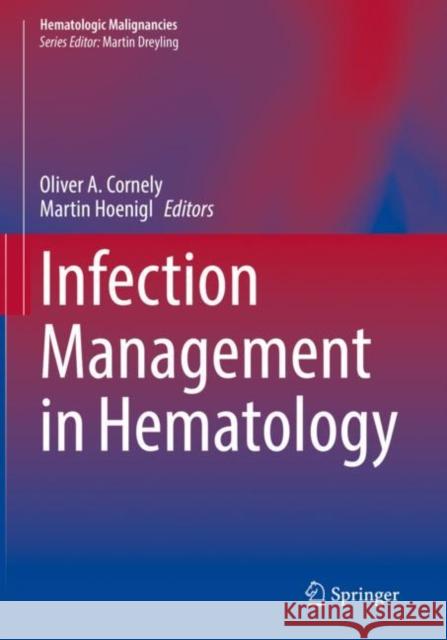Infection Management in Hematology » książka
topmenu
Infection Management in Hematology
ISBN-13: 9783030573164 / Angielski / Twarda / 2020 / 257 str.
Infection Management in Hematology
ISBN-13: 9783030573164 / Angielski / Twarda / 2020 / 257 str.
cena 564,88
(netto: 537,98 VAT: 5%)
Najniższa cena z 30 dni: 539,74
(netto: 537,98 VAT: 5%)
Najniższa cena z 30 dni: 539,74
Termin realizacji zamówienia:
ok. 16-18 dni roboczych.
ok. 16-18 dni roboczych.
Darmowa dostawa!
Kategorie BISAC:
Wydawca:
Springer
Seria wydawnicza:
Język:
Angielski
ISBN-13:
9783030573164
Rok wydania:
2020
Wydanie:
2021
Numer serii:
000318624
Ilość stron:
257
Waga:
0.63 kg
Wymiary:
25.7 x 18.31 x 1.6
Oprawa:
Twarda
Wolumenów:
01











